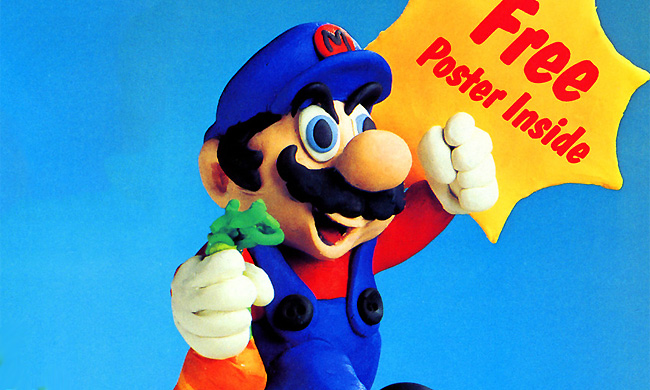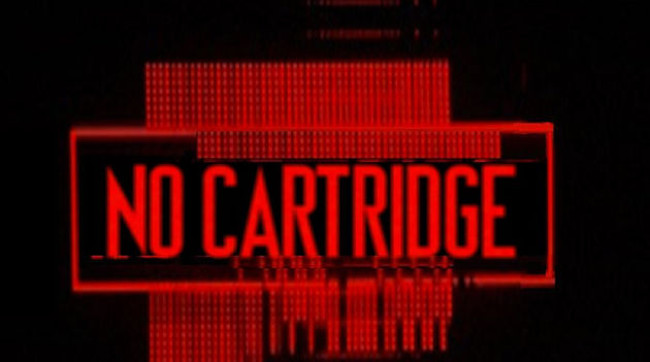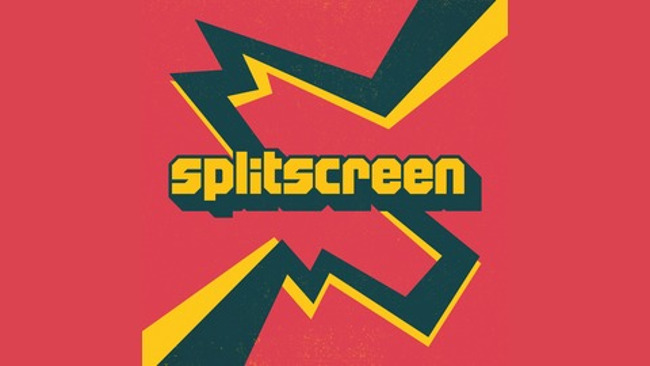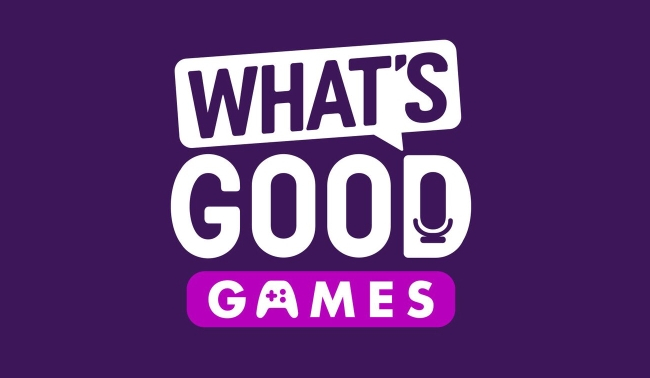
Gaming, as a hobby, has gone from a niche pastime for nerds to widely beloved, well-reputed activity of the masses. Everyone has a game console, a game they love on their computers, or something they incessantly play on their phones. Video game movies top the box office, hit games get turned into game shows, and, of course, there are scores of podcasts on the subject.
We picked these pods, not because they’re the nerdiest, but because they make you think differently about games. Whether they dive deep into the past, talk about the artistic achievement of the present, or just happen to be really, really funny, the pods we listed here are all winners.
Here are the best podcasts about games of all sorts.
Nintendo Power

Yes, the classic magazine is back in podcast form, and it’s even hosted by the magazine’s former editor, Chris Slate. But don’t expect the tips and tricks that were the magazine’s bread and butter. The podcast is a detailed, in-depth look at a game or a product Nintendo puts out each episode, really digging into the design and approach from developers. The result is a surprisingly thoughtful podcast that will make you appreciate the games on your Switch much, much more, and understand just what’s happening even when you want to snap the controller in half.
Best Episode: An interview with the developer of Celeste about the tough-as-nails platformer really gives you a new appreciation of how much work goes into making a game that’s fair, but hard. Especially if you’ve gotten trapped in one of its brutal rooms, you’ll view it far differently by the end.
Retronauts

There are plenty of podcasts that explore old games, but they often do so with a thick film of nostalgia. Retronauts doesn’t respect any sacred cows: If a classic game has aged into a fine vinegar, you will hear about it, and laugh yourself silly in the process, and Jeremy Parish and Bob Mackey take a loving look, and occasionally an axe handle, to classics. But underneath the comedy is a very fun and thoughtful exploration of gaming history and the sometimes unusual twists it takes. Video game history is a strange side eddy of popular culture — with some wild characters and wilder stories — and Retronauts teaches something fascinating about it with every episode.
Best Episode: The Retronauts have an intriguing discussion with Chris Kohler and Steve Lin about the inflated prices on the video game collector’s market. Why do old games in their boxes cost so much? The answer has little to do with nostalgia, and everything to do with a speculative market which fans keep feeding into.
No Cartridge

If you’ve ever wanted a Marxist critique of a video game, or a look at what a philosopher thinks of a specific game, Trevor Strunk’s No Cartridge brings the intellectual firepower. Video game criticism is often focused on video games as software, something you buy along with a copy of TurboTax and a Microsoft Office license. Strunk, however, puts the focus on video games as art, and handles some tricky territory with aplomb. Each episode has something thought-provoking to say about an aspect of games you might simply have never thought about, and you come away with a new way of thinking about games.
Best Episode: “Let Me Buy A Silly Dance!” offers something you’d never expect, a convincing argument for microtransactions. Twitch streamer Nice Pete makes a pretty strong case for them and disassembles the knee-jerk anger at these little costs in a way that will make you think twice.
Splitscreen

Jason Schreier and Kirk Hamilton of Kotaku deal with everything from the gravely serious to the seriously goofy in video games on a weekly basis. This podcast is particularly fascinating for how it ranges all over the map, from game design to comedy to the political aspects of games. Schreier and Hamilton are both experienced writers with a lot of connections, and they can dig deeply into bits like God Of War’s flawless camera or genuinely serious political issues facing gaming.
Best Episode: The team interview Tina Sanchez of Infinity Ward, who explains what it’s like to be the face of a major gaming franchise, death threats and all. It’s the rare sincere, puffery-free look at what it really takes to handle the sometimes frightening culture surrounding video games when you get paid to do it.
Sound Of Play

Ever wonder what goes into, and why people love, video game soundtracks? This podcast, a subset of the popular Cane & Rinse podcast, with a rotating crew of hosts from the mother podcast (a meaty look at game design itself), explores why we love tracks of music intended to be in the background, with different guests each week and a playlist of track from video games both beloved and obscure. It’s a podcast that will have you turning up the background music, for once.
Best Episode: Host Ryan Hamann compares and contrasts the different versions of one theme from a video game, namely RoboCop, and its bizarre history on the fringes of pop culture. Hamann takes each version apart instrument by instrument and explores why this serenely eerie song has had such a strange past.
What’s Good Games

Britney Brombacher, Andrea Rene, Alexa Ray Corriea and Kristine Steimer (just Steimer, on the podcast) offer up one of the better takes on gaming news, with plenty of diversions, like a hilarious encounter with an Easy Bake Oven. It’s often singled out because of its all-female crew, but they have some of the best analysis and newsgathering in video game podcasting, period, and if you just want to get caught up on what’s happening in games, it’s perfect for a commute.
Best Episode: Their 2017 Game Awards, sort of the MTV Movie Awards of games, but actually funny and interesting. It also turns into some rather thoughtful game criticism, exploring how stories have and haven’t changed in games, and how they ought to.
8-Bit Book Club

Brian Murphy, Emily Axford, and Caldwell Tanner delve into what’s easily the most unfortunate side of video game history: The terrible tie-in novels and animated specials that quickly appear every time a game sells enough copies to hint there might be an audience. They read them out loud, they attempt some critical analysis of books even their authors likely don’t even remember, and generally find that video games struggle to jump to other mediums in some painful ways.
Best Episode: “Santa Pac’s Merry Berry Day”, which is a reminder Pac-Man has had several cartoons for no explicable reason. But this, in particular, stands out as they try to explain why Pac-Man has Christmas awkwardly stuffed inside him like some hideous abstract Turducken.
Quality Control

Every week, Justin McElroy and other Polygon critics offer a little more context to the reviews they run on the site. If you’ve ever wondered what critics think about when they review games, what goes into the review and what doesn’t, and what they ran out of space to talk about, this will answer your questions.
Best Episode: Chris Plante talks to McElroy about Cuphead, and the exact moment a game turns into busywork for a critic. Plante’s argument is that Cuphead starts as hard, but fair, and then, at a certain point, its fairness comes to an end and it just becomes a grinding task. Players can quit and play something else, but Plante’s getting paid to stick it out, and he has some thoughts on how that affects his review.
Script Lock

Max and Nick Folkman explore the story side of video games by sitting down with writers and actors. Considering how often games struggle to deliver an effective story, this pod offers food for thought on how writing for games works. It also opens up some of the more interesting technical problems in designing video games, where the player has to write the story, or at least think they are.
Best Episode: Ashly Burch and Kate Dollarhyde explore what it’s like to be a fan of games and then get into writing them. Needless to say, learning how the sausage is made changes your feelings about it, but in some ways, it turns out, you end up loving the medium more.
Giant Bombcast

One of the longest-running gaming podcasts, the Giant Bomb crew gets together to talk games, gaming news, argue with their coworkers over on the Beastcast, and, uh, create unconventional uses of Nintendo 64 controllers. The tone is more like a morning time drive show than your typical podcast and can take some unusual diversions depending on what they find on the internet, sometimes during the show itself.
Best Episode: A recent episode where a coworker returns only to discover he’s way behind on pop culture is painfully relatable if you’ve ever worked in a place where everyone’s into a show you don’t care about, except in this case the show is Monster Hunter.
Apple, SoundCloud
Have a favorite? Let us know!






